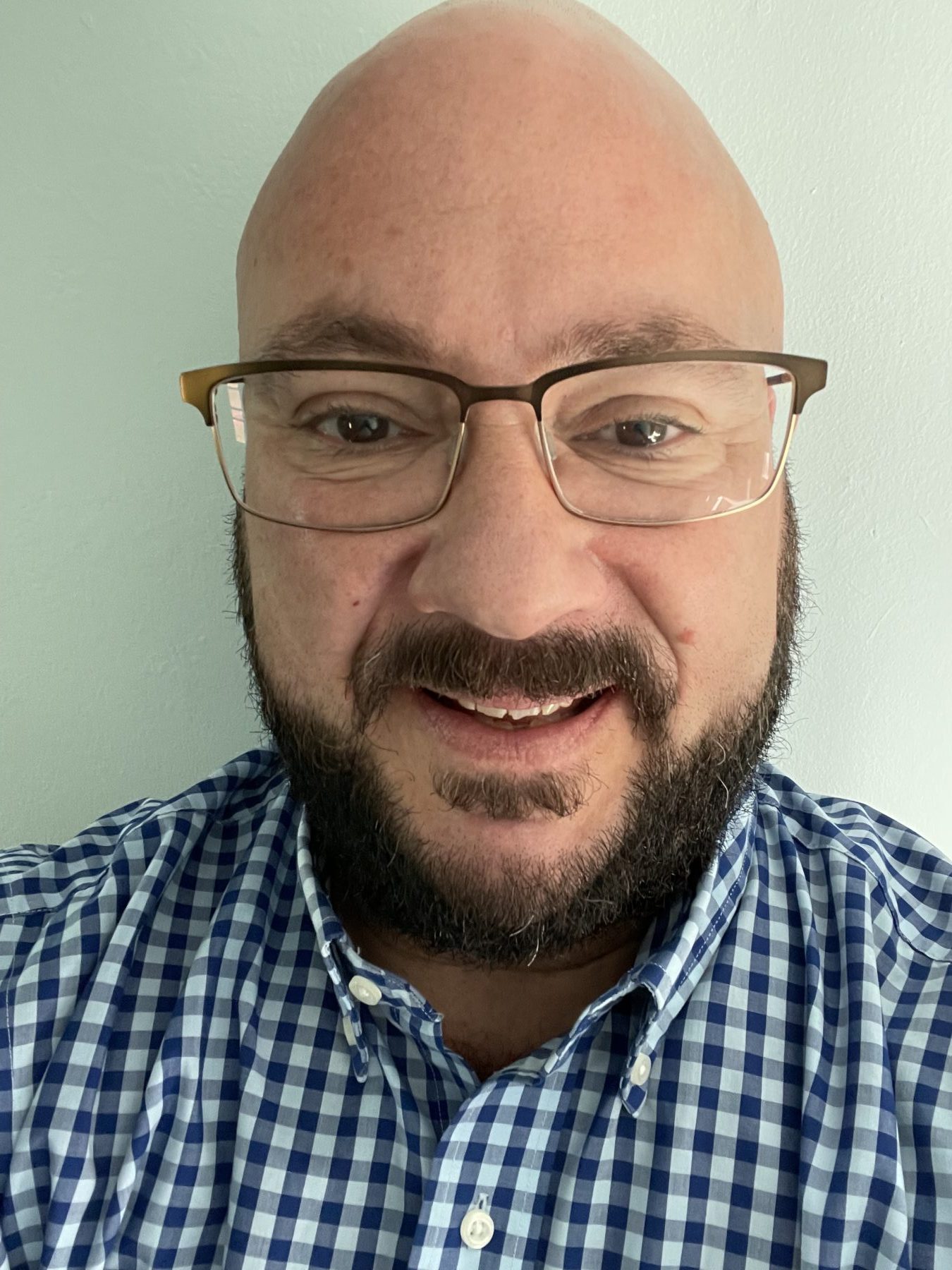Residents’ Rights Month is an event held each October to celebrate and focus on awareness of dignity, respect, and the value of residents living in long-term care facilities.
Residents have the right to self-determination and to use their voice to make their own choices. This year’s Residents’ Rights Month theme, The Power of My Voice, emphasizes self-empowerment and recognizes the power of residents to create change by being vocal about their needs, interests, personal growth, and their right to live full, enriching lives. As Lori Smetanka, Executive Director of Consumer Voice, says, “Residents’ voices are the most important at the decision-making table. This year’s Residents’ Rights Month theme empowers residents to raise their voices to express their likes and dislikes and fervently pursue the life they want to live.”
Whether you are a long-term care resident or a friend or family member, your voice is an incredibly important tool. Let’s explore how using your voice can create significant change both personally and for other residents.
This year’s Residents’ Rights Month theme, The Power of My Voice, emphasizes self-empowerment and recognizes the power of residents to create change by being vocal about their needs, interests, personal growth, and their right to live full, enriching lives.
Speaking up allows you to express your thoughts, feelings, and beliefs, and can lead to greater self-awareness and confidence. These attributes are instrumental in determining your goals and pursuing them. To that end, you may find that the more you speak up, the easier and more natural it becomes to impact the quality of your care and quality of your life in a positive direction.
Sharing your opinions on issues relevant to long-term care can help to raise awareness in others and inspire action. For instance, many residents and advocates have used their voice to petition their representatives in government for an increase in Medicaid’s Personal Needs Allowance (PNA), the amount of monthly income a Medicaid-funded nursing home resident can keep of their personal income, which currently sits at $72.80 per month. As a result, legislators have brought forth H.626/S.375, an act increasing the personal needs allowance for residents of long-term care facilities. This petition for legislation would increase the personal needs allowance for certain elderly and disabled residents residing in long-term care facilities. You may want to reach out to the Chairs and other members of the Joint Committee on Elder Affairs and use your voice to encourage their support for this bill. Contact information for the Joint Committee members may be found at https://malegislature.gov/Committees/Detail/J44.
Using your voice can amplify other important causes, such as the need for staffing standards and meaningful regulation and oversight. Such efforts have recently led, on the federal level, to the promulgation of Minimum Staffing Standards for Long-Term Care Facilities through the Centers for Medicare and Medicaid services. More locally, H.5033, an act to improve quality and oversight of long-term care, was signed into law by Governor Healey in August. The federal regulations have been met with legal challenges from the long-term care industry, as they use their voice to attempt to derail efforts to improve quality of care for hundreds of thousands of long-term care residents. You can use your voice to assert what research has shown to be true, that sufficient staffing standards are necessary to satisfactorily address the care needs of residents and provide the quality of care that is promised in the regulations.
Your voice can foster connection, building bridges between people. By sharing stories and experiences, you can foster understanding and empathy, creating a sense of community. Ample research has illustrated that connection and community play vital roles in health and well-being.
Whether through art, activism, advocacy, or everyday conversation, your voice can inspire and motivate others to stand up for what they believe in. By sharing knowledge or personal experiences, you can help inform others and encourage critical thinking, contributing to a more informed community of residents. Using your voice can empower others to speak up as well, creating a ripple effect that encourages collective action and change.
A lone voice can be effective, but our voices are amplified in concert. Residents’ Rights protect the right of long-term care residents to gather in Resident and Family Councils. Both of these venues provide valuable space to discuss challenges and possible solutions, and facilities are mandated to engage in meaningful response. If you live in a long-term care facility, get involved with Resident Council! If you care about someone living in long-term care, join or organize a family council and add your voice to the conversation! Ask yourself in what other ways you can envision using your voice to improve quality of life and quality of care for long-term care residents.
During Residents’ Rights Month, we also recognize our local long-term care Ombudsman program volunteers, who work daily to promote residents’ rights, assist residents with complaints, and provide information to those who need to find a long-term care facility.
As LifePath celebrates Residents’ Rights Month, I encourage community members to connect with those they know who live in long-term care facilities, form a family council, or inquire about becoming a volunteer long-term care ombudsman. Your assistance and attention help to ensure that the voices of long-term care residents do not go unheard and demonstrates to residents that they have not been forgotten.
The Ombudsman program at LifePath serves residents living in the six nursing homes and rest homes located in Franklin County and the North Quabbin. The Ombudsman program also supports friends, family members, and substituted decision makers such as health care agents. Questions, concerns, or complaints regarding quality of care and quality of life in long-term care facilities may be addressed to Trevor Boeding, MPH, the LifePath Long-Term Care Ombudsman Program Director, at (413) 829-9234.





